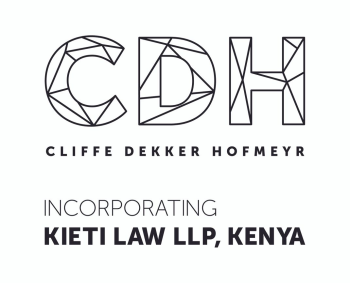Introduction Non-executive directors Rulings Comment
On February 10 2017 the South African Revenue Service (SARS) issued Binding General Rulings 40 and 41, which address how non-executive directors should account for tax on their earnings as directors.
In the 2016 Budget, the minister of finance indicated that the matter of non-executive directors' earnings would be properly investigated.
According to SARS, non-executive directors are not involved in the daily management or operations of a company, but attend and provide objective judgement and vote at board meetings.
SARS accepts that the nature of non-executive directors' duties means that they are not common law employees. Rather, they are independent contractors, as the company exercises no control or supervision over them in respect of the manner in which they perform their duties and their hours of work.
The rulings determined that:
- companies must not withhold employee pay-as-you-earn (PAYE) tax on amounts paid to non-executive directors; and
- non-executive directors may claim deductions against their income for certain expenses which they incur and which are not allowed for ordinary employees (eg, travelling costs and home study expenses), provided that they meet the requirements of the Income Tax Act (58/1962).
A non-executive director is deemed to carry on an enterprise for value added tax (VAT) purposes. Thus, a non-executive director who receives directors' fees in excess of R1 million in any 12-month period must register for VAT and charge VAT on the fees. Further, non-executive directors may voluntarily register for VAT and charge VAT if their fees exceeded R50,000 in the preceding 12 months. Non-executive directors who account for VAT can then claim an input tax deduction on certain taxable supplies made to them, provided that they comply with the VAT Act (89/1991).
The ruling relating to income tax does not apply to non-executive directors who are not South African tax residents. However, the ruling relating to VAT applies regardless of whether the non-executive director is an ordinary resident of South Africa.
Non-executive directors must still account for income tax on their fees themselves and register for provisional tax.
Section 8C of the act imposes tax in certain cases in relation to shares and other instruments acquired by a director by virtue of his or her office as such. For example, non-executive directors could participate in a share incentive scheme operated by the company. Under the Fourth Schedule to the act, companies have an obligation to withhold PAYE on the schemes when the tax is triggered. It appears that, by virtue of the rulings, companies need not withhold PAYE in these cases.
The rulings will apply from June 1 2017, although SARS may take a pragmatic approach when considering the manner in which companies have dealt with non-executive directors before this date.
The clarity provided by SARS on this matter is welcome. However, the rulings will likely impose an additional compliance and administration burden on companies, non-executive directors and SARS.
For further information on this topic please contact Ben Strauss at Cliffe Dekker Hofmeyr by telephone (+27 21 481 6300) or email ([email protected]). The Cliffe Dekker Hofmeyr website can be accessed at www.cliffedekkerhofmeyr.com.
This article was first published by the International Law Office, a premium online legal update service for major companies and law firms worldwide. Register for a free subscription.



